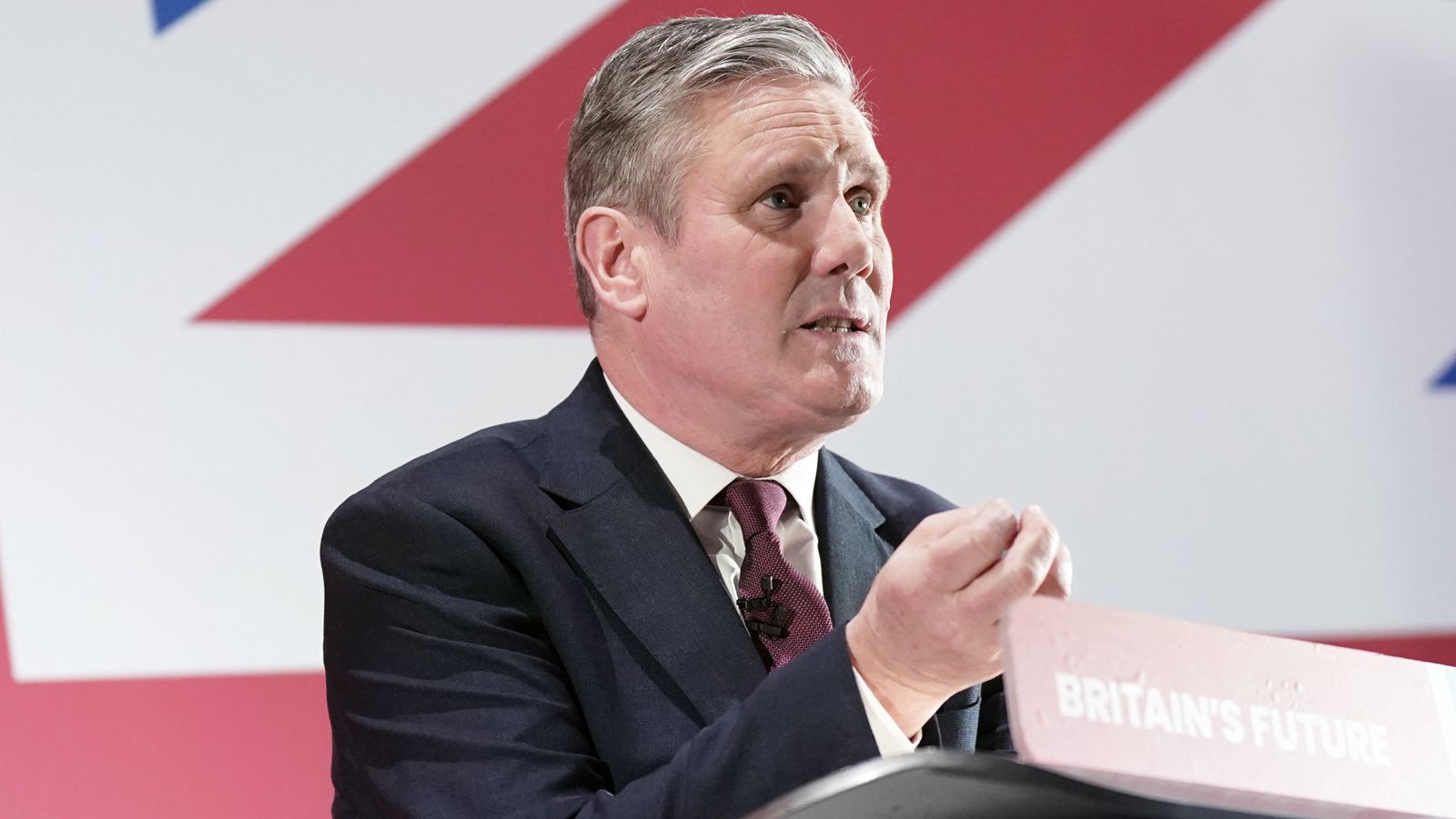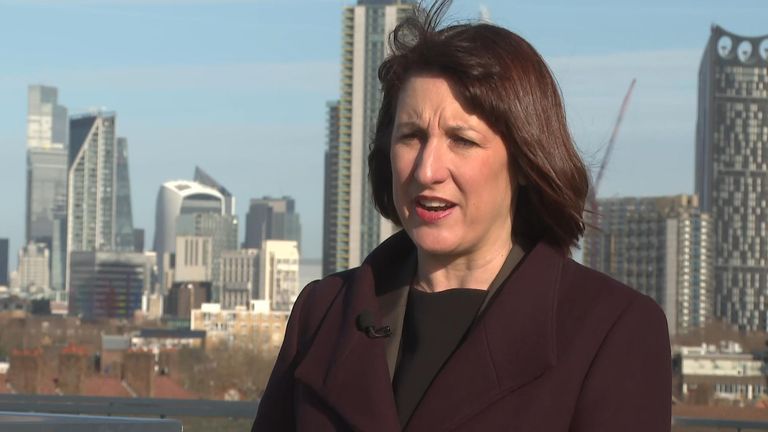Labour has finally confirmed it is ditching a flagship pledge to spend £28bn-a-year on green investments if it wins the next general election.
The party says it will now spend just £23.7bn on environmental schemes over the course of its first term in office – equivalent to just under £5bn a year.
However, Labour insists its commitment to becoming a clean superpower by 2030 remains unchanged and the reduced funding will still meet existing promises made under the original green prosperity plan.
These include:
• The launch of Great British Energy – a publicly-owned green energy company
• A National Wealth Fund to invest in British industries such as electric vehicle production
• A warm homes plan to insulate millions of homes over a decade
• A British Jobs Bonus to provide capital grants to incentivise companies developing clean technologies to invest in regional areas
• Reforming the planning system to accelerate energy projects like onshore windfarms
• Making the UK the green finance capital of the world with mandatory 1.5C-aligned transition plans for major companies and financial institutions.
It is understood that when the party had announced the £28bn figure in the autumn of 2021, it had not come up with ways to spend that sum.
Labour leader Sir Keir Starmer said that while existing commitments will still be met, “what won’t now happen is that we won’t make further or new investment decisions. And that means that we won’t reach the £28 billion envisaged”.
He said the figure was being “stood down” because of the “damage” the Tories had done to the economy – citing the Liz Truss mini-budget and government plans to “max out the credit card”.
“I have to anticipate the circumstances as they are now, not as I’d wish them to be,” he told broadcasters as he outlined his decision.
While existing commitments are being kept, the party’s Warm Homes Plan is set to be one of the casualties of the climbdown
This was going to cost £6bn a year but will now cost £6.6bn over five years and will “unfortunately have to be carried out a little bit more slowly”, Sir Keir said.
While the party’s aim is still to upgrade all homes below an EPC rating of C by 2035, the new timetable will see just five million properties insulated in the first five years of a Labour government.
However Sir Keir insisted: “There is nothing we have said we will do that we are now saying we won’t do.
“I don’t want to have a row about the size of a cheque. I want to have a row about the outcomes.”
The spending U-turn comes after months of speculation about the policy – which aims to kickstart the UK’s transition to a low-carbon economy, meet climate targets and reduce energy bills.
The new plan will be funded half by borrowing, and half by re-purposing and extending the government’s windfall tax on the profits of oil and gas giants.
This currently stands at 75%, but Labour says it will raise it to 78%, the same rate as Norway, while closing what it calls a “loophole” that gives companies tax breaks if they invest in Britain.
Previously, the party had pledged to borrow the whole sum to fund the investments, but this has repeatedly been used by the Conservatives to attack Labour’s fiscal credibility.
But the departure from the £28bn pledge is still expected to be met with ridicule by the Tories, who have seized on what they describe as Sir Keir’s “flip-flopping” on major policies as a key attack line.
Sir Keir ‘caving like a house of cards in the wind’
Climate campaigners have also attacked the move, with Greenpeace UK’s co-executive director Areeba Hami accusing Sir Keir of having “caved like a house of cards in the wind”.
“Climate action, including borrowing to invest in warmer homes, remains hugely popular among voters. It would be ironic indeed if Labour’s attempt to make their manifesto ‘bombproof’ from Tory attack ended up just bombing on the doorstep instead,” she said.
Labour had already watered down the original plan by saying last year that the spending target would likely be met in the second half of a first parliament, rather than immediately, if the party wins the next election.
The party has since insisted the pledge is subject to its fiscal rules, which include getting debt falling as a percentage of GDP.
Confusion over the future of the policy has grown in recent weeks as some senior figures, including shadow chancellor Rachel Reeves, refused to refer to the £28bn-a-year figure, while party leader Sir Keir continued to do so as recently as Tuesday.
The pledge to spend £28bn-a-year on environmental schemes was first made during its party conference in 2021, with Ms Reeves promising to be “Britain’s first green chancellor” if the party wins the next election.
She stood by that promise as she defended the latest row-back, saying: “These policies will transform our economy in ways that are incredibly exciting and can boost growth and I am determined to do that.”

